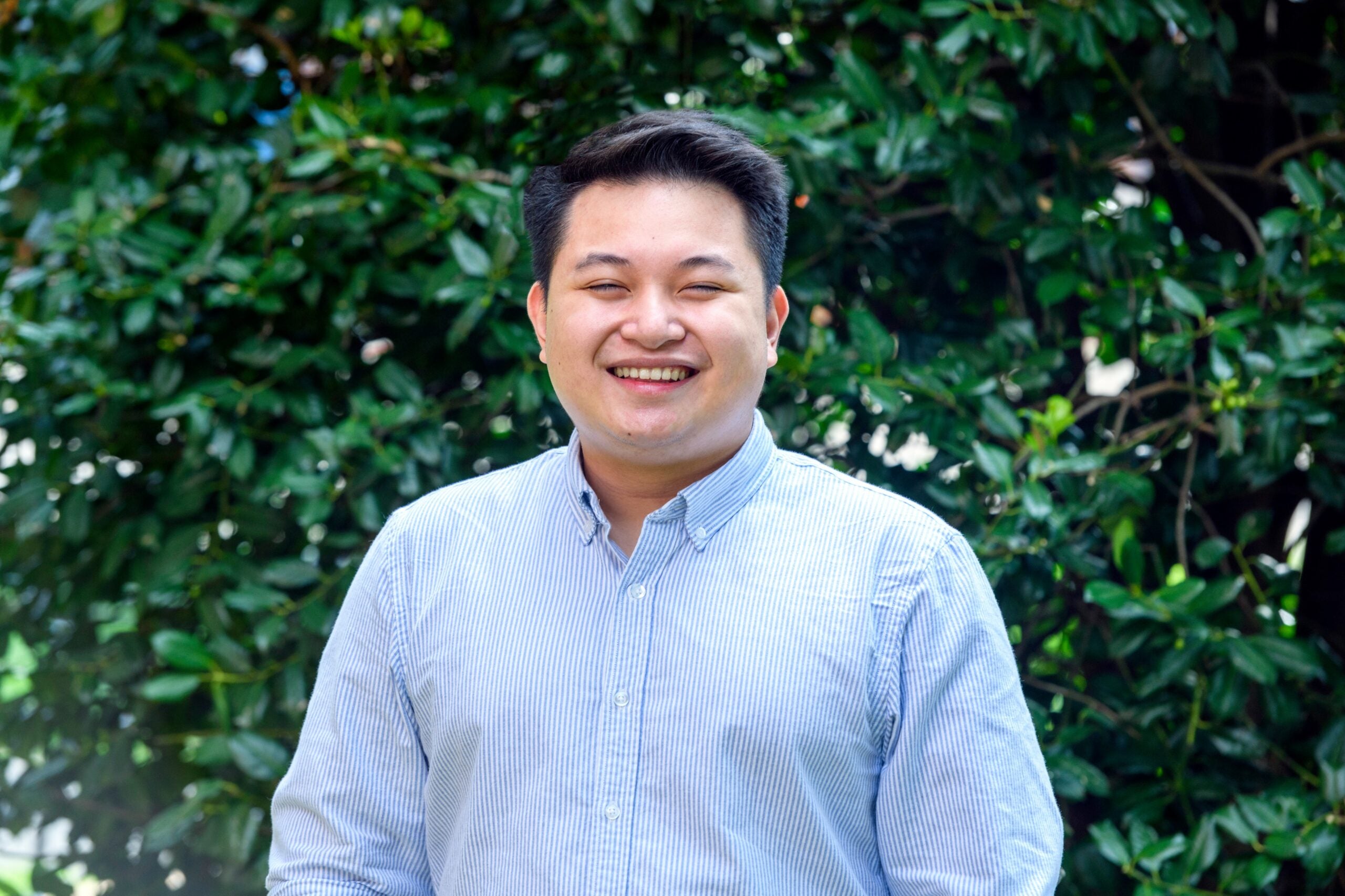Francis Thaddeus Lazaro ’21

Consultant for Learning and Capacity Development, Resolve to Save Lives, an initiative of Vital Strategies
What sparked your interest in global health, and how did you hear about the M.S. in Global Health program?
I went into college in the Philippines initially with the desire to be a physician. So I took a premedical degree wanting to pursue a vocation to heal. Before I graduated, I had the opportunity to serve in an initiative centered around enabling impoverished communities to overcome barriers, like poverty, to lifesaving health care. With this experience came a greater awareness of the best way I could serve: inspiring healthy behavior change and designing solutions that people can delight in and own. I skipped medical school to take another year to study Development, and eventually, I worked in the World Health Organization supporting health promotion initiatives across the Western Pacific Region and globally. That opened my world to global health and the desire to deepen my learning: studying Global Tobacco Control in the Johns Hopkins Bloomberg School of Public Health, learning from experts in health emergencies at the Philippine Red Cross during an epidemic, and even leading health communication projects in an ad agency.
All of these experiences led to the M.S. in Global Health program at Georgetown University. They embraced my unique background and made it easy to thrive under their care. Even two years prior to my application, the program was generous to connect me to alumni and resources to help me discern whether to pursue the degree. How did I end up here? Because of the generosity of the community.
How would you depict the classroom instruction?
We learned by doing. This has been advantageous. I constantly see myself using the tools, language, and approaches we learned in the classroom at my current work. I’m designing programs like how I learned it in our Planning, Costing, and Budgeting Class. I’m applying the rigor in research I learned in Health Systems and Policy. Strategies I pursue are grounded in our lectures on the players and politics in global health. And I’m confident with data because of all the practice we did in the classroom when we took Epidemiology and Biostatistics. Our classrooms are laboratories of real global health work.
The learning didn’t stop in the classroom. Our faculty always welcomed discussion and inquiry, and I’ve received a lot of wisdom on schoolwork and career from our professors. Their doors are always open. Our director and program managers in particular are invested in helping students shape how they want to learn, listening to feedback, and setting us up for successful careers.
The pandemic shifted your research abroad plans that led to a new job opportunity. How have your global health studies been applied to your current position?
The pandemic had some real, challenging impacts for everyone in the Program. Our classroom transitioned to virtual learning, and the University as a whole adopted measures to protect the community—one of them was a pause on student travel abroad. I had initially planned to travel to Ghana to do research with their health ministry on mental health financing. How did our program respond? We had town halls and constant discussion with our department on how we would adjust. For me, that meant shifting my research abroad plans to an on-campus (online) independent research option. Staying in DC also allowed for flexibility to seek out opportunities outside the classroom, like employment in global health.
Now I am working remotely with NY-based Resolve to Save Lives, an initiative of Vital Strategies and contributing to the COVID-19 response. My work involves capacity development for epidemic preparedness in Ministries of Health in Africa, while navigating the unique constraints of the epidemic with technology and innovation.
I’ve noticed that what we learned in the classroom equipped me with all the critical knowledge and skills I needed to deliver in the workplace. Going through all those classes—does it mean I now know it all? No, but the breadth and depth of what we learned in the program created a fertile foundation for me to grow outside of it.
Would you recommend the program and what’s special about D.C.?
Absolutely. Global health happens in D.C. Global politics happens here, too. Taking the MSGH degree at Georgetown means you’ll be at the center of all of it, ready to make an impact and be of service to others.
